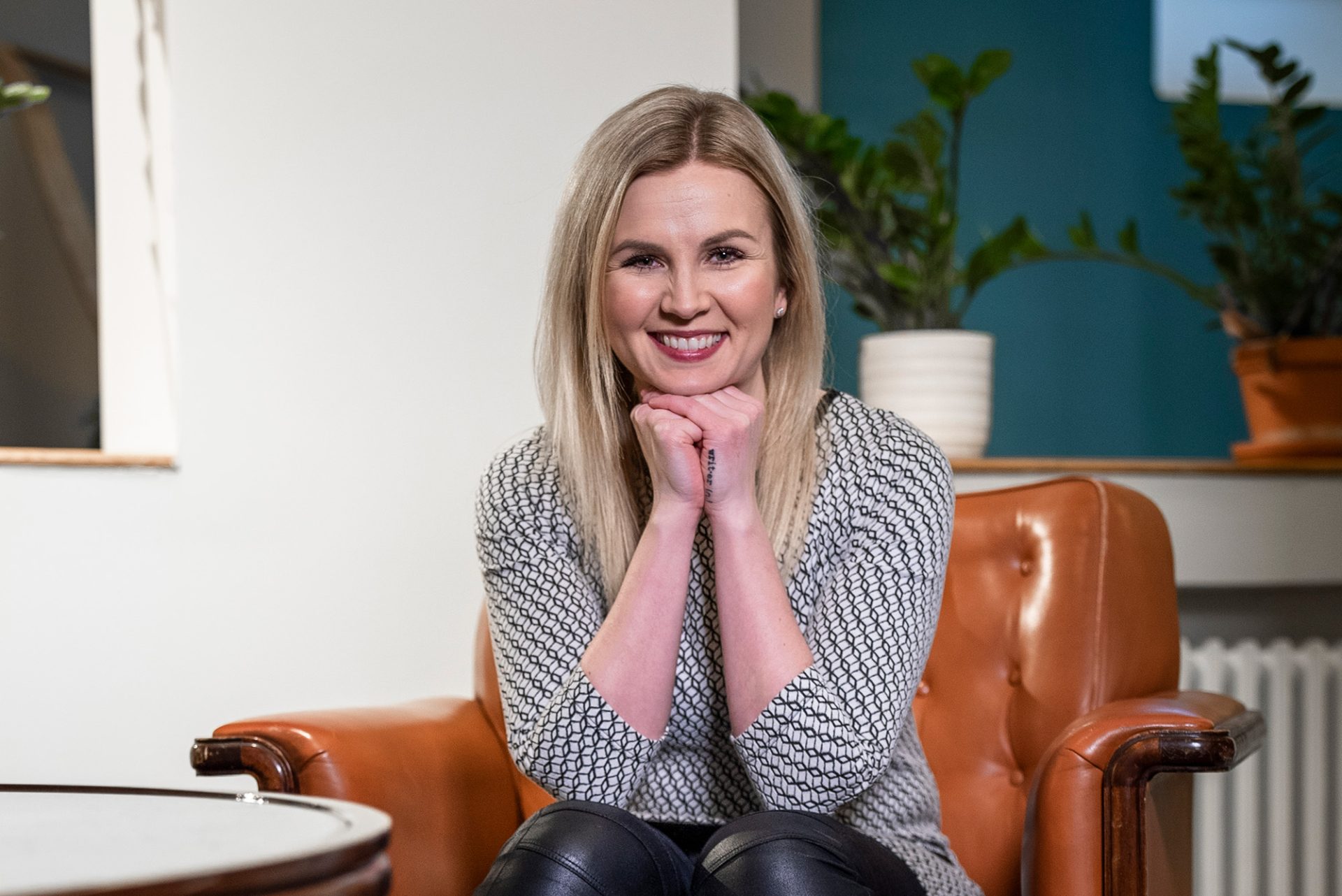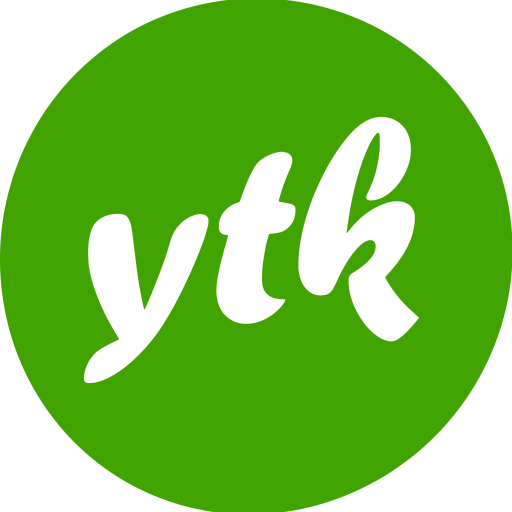What Africa teaches job seekers and employers
Article

Topics
- Job seeking
- Personal story
Saana Rossi is one of Finland’s most well-known recruiters, who is responsible for the success of her employer. She has experience in hiring thousands of people. At heart, however, she is a writer who wants to see things from as many perspectives as possible. One of the most educational experiences for her has been provided by Africa.
Saana Rossi is one of Finland’s most well-known recruiters, who is responsible for the success of her employer. She has experience in hiring thousands of people. At heart, however, she is a writer who wants to see things from as many perspectives as possible. One of the most educational experiences for her has been provided by Africa.
Success, know-how, authenticity, assertiveness, creativity, strengths, videos… When an active job seeker googles about looking for a job, they can’t help but run into Saana Ross. She is a recruitment star and one of the most successful, award-winning, admired, exciting and awe-inspiring in the industry. Would she even dare to send a regular job application, or should she just parachute, videotape it and tell her own story at the same time?
However, the real Rossi is pleasant and more down-to-earth and not frightening at all. There are apparently video applications coming in, but the most traditional methods will do, as well. The personal brand that has developed around her has not even been consciously built, but has had its practical purposes.
“I didn’t want to be a brand. I work in an extremely competitive technology industry where it is difficult to stand out. That’s why it’s been necessary to be seen and known,” reveals Saana Rossi, Chief People & Success Officer at the technology company Vincit.
At first, the pursuit of publicity had been difficult and downright repellent. She says she has not drawn up a real content strategy, let alone taken related courses. The best success has stemmed from authenticity.
“The original idea of branding has been to attract more applications for my employer, and of course that’s where awareness helps. However, the purposes and aspirations of my work are much broader.”
To Africa to become a writer
Saana Rossi graduated in social sciences and completed her master’s thesis on development cooperation. HR work was not yet on her mind at the time. However, her interest in people was clear. This was confirmed in Tanzania, where she spent her internship period.
“Although Africa is different as a continent, it was educational to see how similar we all are.”
The experience in Africa has been intense for Rossi and it comes to the surface even after years.
Her attitude to work in Africa was ambitious but relaxed. The hierarchies were much tougher compared to Finland and partly even shocking. The experience also helped to understand Finnish working life through the eyes of a foreigner.
“We should remember that here in Finland we live in a dimension of our own. In particular, this is emphasised in the technology sector, which is already a pioneer in reputation and practically lives in the future,” Rossi compares.
According to her, everyone should go to Africa once and get their perspectives right.
“I learned a lot about gratitude. I saw people who had nothing, but they were still satisfied and bursting with genuine joy. Compared to that, Finland is a strange bubble in which dissatisfaction is easily succumbed to,” she says.
She has not given up on authenticity and dreams, even though she has since ended up in the hard-pressed HR industry. Specifically, Rossi has had the dream of becoming a writer since she was young. That’s what she did, even though she has been in paid employment.
“I know you don’t become a writer just like that. I’ve always written, but writing in earnest is a different story. I recognized that life is short and that our greatest dream must be pursued. What really prevents it and what would be the worst thing that could happen,” asks Rossi.
The HR professional, who had been successful in her work, was encouraged and brought it up with her employer’s CEO. She negotiated a four-month writing holiday for herself and fulfilled her dream. A recruiter, an autofiction book and a growth story were born. For Rossi, this was better than any raise.
“I was more firmly committed to Vincit when the dream came true and was made possible. I feel that I’ve been a better employee since the book. And it the book’s reputation also benefits the employer,” Rossi reflects.
Employment relationship activities
Modern employment relationships are becoming more common, whether they are paid or freelance or based on light entrepreneurship or other wage-independent employment. According to Saana Ross, in an environment like this, people want to do things extensively and develop in many directions. For the employer, it also brings new things to consider.
“I often use relationship metaphors when I describe working life or the job search process. Sometimes in an employment relationship, an open relationship can create more commitment. If a person is not allowed to do what they are excited and dreaming about, or if the employment relationship cannot be modified from the perspectives of their own needs, there is a risk that the person will leave the relationship,” Rossi says.
Dreams and desires can be driven by matters that are important for recruitment, such as curiosity, courage and hunger for knowledge.
“This is reflected in job search. It is worth being courageous in different choices and thinking about completely new fields, for example. Testing different roles and tasks is normal these days,” she emphasises.
According to Ross, people are holistic, i.e. all-encompassing. At the same time, we are blinded and careering into certain ways of thinking, one of which is the traditional recruitment thinking.
“That’s why I want to constantly challenge. Job search always emphasises competence, but it can also be an easier way for employers to justify choices. The persona has an impact and subjectivity matters, too, which is why the subject matter is so difficult. In an ideal situation, there should always be conversations.”
In its technology-driven environment, Vincit competes for the best talent. The company’s good and well-known brand brings in contacts and the company also has an internal recruitment bonus at its disposal. They are also themselves head-hunt, meaning they are looking for potential employees. In their selections, Vincit uses a tried and tested three-step progression:
- In the first phase, both sides get to know each other, learn about the skills and persona of the job seeker and the culture and goals of the company.
- In the second phase, the skills of the job seeker are usually tested either by pre-tasks or by other tests.
- In the third phase, business managing directors or managers will be involved, with the focus on business challenges and goals.
Prepared questions are the starting point for interviews, but Saana Rossi also emphasises the importance of a semi-structured model. In other words, for the sake of comparability, there must be a certain degree of similarity, but there must also be room for free and open progress.
“In many cases, interviews go according to the situation, and in particular information about people working in the technology need to be digged up,” she says.
It seems that it’s problem for a writer to get information. However, verbalizing dreams and goals is always just as demanding, whether it’s an employer or a job seeker. That’s why working with people is so addictive.
“At its best, recruitment takes the company where it wants to go. Then the right people will play the right roles, flourish and succeed in their work,” Rossi’s author persona would say.
